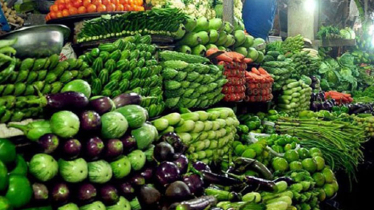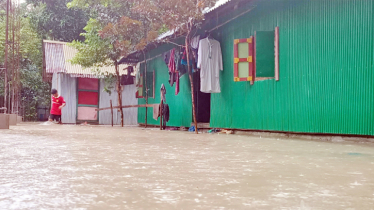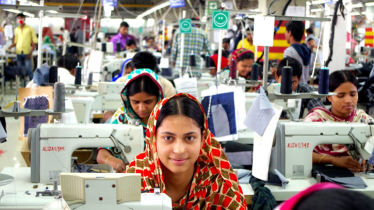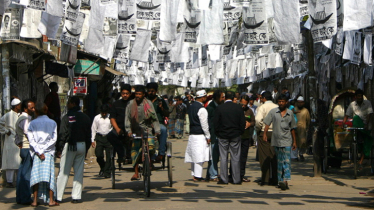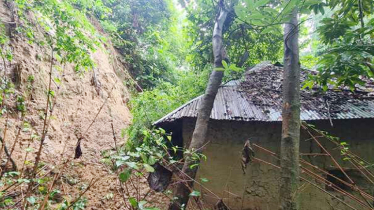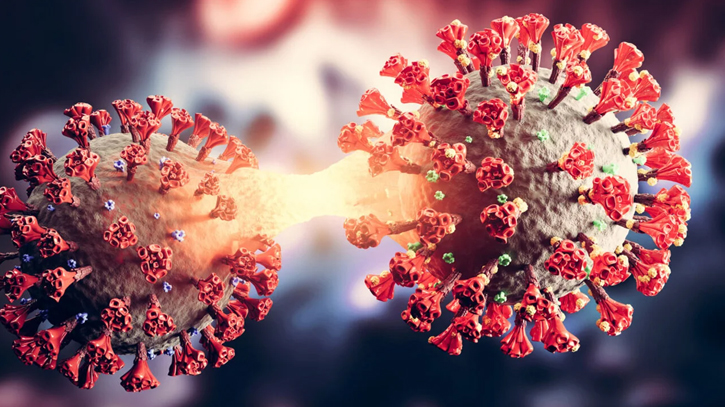
Photo : collected
A new variant of the coronavirus, identified as JN.1, is rapidly spreading worldwide. Designated as a ‘variant of interest’ by the World Health Organization (WHO) due to its quick transmission, the JN.1 has been detected in several countries, including India, China, the UK, and the USA.
Between 39 and 50 percent of COVID-19 cases in the United States are attributed to the JN.1. This variant has already extended its reach to 41 countries globally, including neighboring India. Despite a longstanding trend of an average daily infection rate of five people in the country, the sudden emergence of the JN.1 strain has raised concerns.
The JN.1 variant is reportedly spreading rapidly, instilling fear due to its heightened contagion. There is growing apprehension about its transmission to neighboring countries. Experts indicate that JN.1 shares similarities with the Omicron model and is particularly adept at evading the immune system, resulting in a higher infection rate but lower overall risk.
Four years ago, the SARS-CoV-2 pandemic gripped the world, introducing various strains with varying degrees of severity. A subtype known as BA2.86 is mentioned as a precursor to the JN.1 variant, following the dominance of the highly lethal Omicron strain in different countries last year.
Recent data from the WHO reveals a resurgence in global COVID-19 cases. Over the 28 days from November 20 to December 17, there was a 52 percent increase in the global number of coronavirus patients compared to the preceding period. Although deaths decreased by 8 percent, caution is advised due to the invasive nature of the JN.1 variant.
Despite JN.1 being considered less invasive, vigilance is important, especially for vulnerable populations such as the elderly, children, pregnant women, and those with comorbidities. Emphasizing the importance of hygiene practices adopted during the earlier phases of the pandemic, including handwashing and reinforcing hospital management protocols, is essential.
According to the statistics of Directorate General of Health Services (DGHS) that the country's cumulative fatalities have reached near 30,000 and the total number of confirmed cases has climbed to over 2000000. Mentionable that Bangladesh recorded its peak daily caseload of 16,230 on July 28, 2021, and the highest number of fatalities, totaling 264, on August 10 of the same year.
However, in our country, the coronavirus typically exhibits increased transmission during milder winters. As February approaches and we are in the mid-winter, preparations should be made to confront the virus, recognizing the unique characteristics of its spread in our region.
Messenger/Disha

